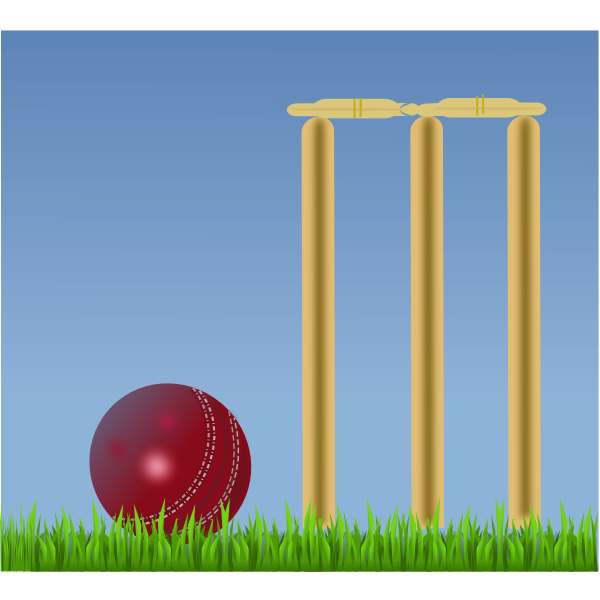 In the recent case of Sporta Technologies Pvt Ltd and Anr v Unfading OPC Private Limited, Delhi High Court decided that the defendant company had blatantly infringed the trademarks and copied the website of a well-known and reputable company. Sporta Technologies claimed that Unfading was infringing on its trademark, Dream11, by using the domain name www.sattadream11.com and a similar logo to offer sports betting services. Sporta Technologies was granted an interim injunction by the court in the absence of the defendant.
In the recent case of Sporta Technologies Pvt Ltd and Anr v Unfading OPC Private Limited, Delhi High Court decided that the defendant company had blatantly infringed the trademarks and copied the website of a well-known and reputable company. Sporta Technologies claimed that Unfading was infringing on its trademark, Dream11, by using the domain name www.sattadream11.com and a similar logo to offer sports betting services. Sporta Technologies was granted an interim injunction by the court in the absence of the defendant.
Sporta Technologies, the first plaintiff, is a private limited company and a wholly owned subsidiary of the second plaintiff, Dream Sporta Inc, a company incorporated in the USA. The plaintiffs had jointly formed a prominent fantasy sports platform in 2012. The platform offers betting opportunities in the area of fantasy cricket and is the official fantasy sports partner for well-known entities such as the International Council of Cricket (ICC), the Campeonato Nacional de Liga de Premiera Division or La Liga and Vivo Indian.
The second plaintiff is the registered proprietor of the trademark, Dream11, in several classes in India and registered the domain www.dream11.com in 2008. The first plaintiff holds registration under various classes for marks including Dream11 in various forms.
The plaintiffs had signed a well-publicised, four-year central sponsorship contract in 2019 with the Board of Control for Cricket in India for the Indian Premier League. This allowed the plaintiffs to advertise their platform prominently, featuring the Dream11 trademark during the 2020 IPL season in the UAE. The plaintiffs facilitated the IPL fantasy sports campaign and showcased Dream11 in live IPL games over three seasons.
The plaintiffs cited orders granted by the court in similar cases in which Sporta Technologies had been granted injunctions. Those cases also involved infringement and passing off. The issues considered by the court in the present case were whether Unfading’s use of the domain name, www.sattadream11.com, and of marks similar to those of the plaintiffs constituted trademark infringement and passing off.
The court held that the defendant’s website had taken and copied the plaintiff’s registered trademark, Dream11. The defendants were providing online gaming services strikingly similar to those offered by the plaintiffs. The name sattadream11 closely mirrored the plaintiffs’ trademark. Those accessing the defendant’s website could play esports, such as fantasy cricket games, by paying in a way similar to that on the plaintiffs’ platform. The defendant company actively promoted its services on popular social media platforms.
The court held that the defendant’s domain name was a bad faith attempt to capitalise on the reputation of the plaintiff’s mark, Dream11. Dream11 and “sattadream11” were remarkably similar, and confusion between the two marks was highly likely. This was especially so on the internet, where the subtle differences of such domain names may easily be overlooked. The nature of the internet fosters assumptions of affiliation between similar-sounding website names. Using such similar domain names for identical services amounts to the passing off of one service as associated with the other.
The court ruled in favour of Sporta Technologies, making permanent the previous interim injunctions and restraining Unfading from using the mark “Satta Dream 11” or any deceptively similar mark. In addition, the court directed GoDaddy.com LLC to transfer the domain name www.sattadream11.com to Sporta Technologies. The court found that Unfading had not responded to any notification of proceedings, whether through email, speed post or electronic means.
This case highlights the challenges of trademark infringement and the difficulty of maintaining unique online identities. Online platforms are easy to set up and service providers have little incentive to police those they host. Litigation, though getting faster, is slower than it takes for those with malicious intent to set up mirror services, exploit the goodwill of reputable companies and then disappear. Intellectual property owners must continually monitor their prized assets and take action to counter fraud and deception. As infringers may simply ignore court proceedings, this can be expensive and frustrating.



